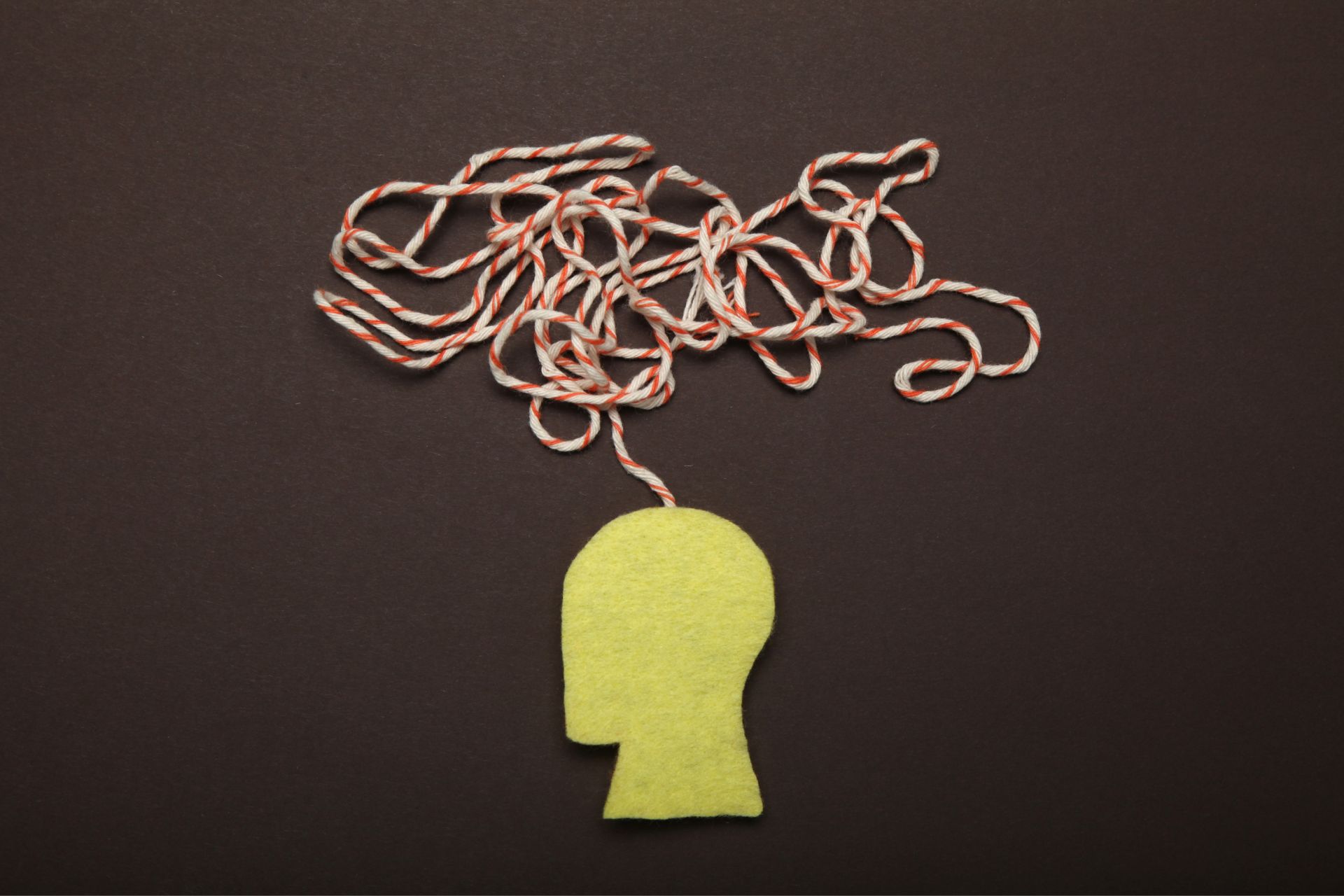Depression And The Brain

Depression and the Brain
Depression is not just a feeling of sadness; it is a complex condition that affects the brain's structure and function. Advances in neuroscience have revealed how depression impacts various regions of the brain, leading to changes in mood, behavior, and cognitive function.
How Depression Affects the Brain
- The Prefrontal Cortex: This area is responsible for decision-making, emotional regulation, and focus. In individuals with depression, the prefrontal cortex often shows reduced activity, making it harder to concentrate and manage emotions effectively.
- The Hippocampus: This region, critical for memory and learning, tends to shrink in people with long-term depression. This can contribute to memory problems and difficulty processing new information.
- The Amygdala: Responsible for processing emotions, the amygdala becomes overactive in depressed individuals, leading to heightened emotional responses, anxiety, and negative thought patterns.
- Neurotransmitter Imbalance: Depression is associated with an imbalance in neurotransmitters like serotonin, dopamine, and norepinephrine, which are essential for mood regulation and motivation.
The Role of Ketamine in Treating Depression
Ketamine therapy offers a revolutionary approach to treating depression by targeting the brain's NMDA receptors and promoting the release of glutamate. This process helps:
- Restore neural connectivity
- Enhance brain plasticity
- Provide rapid relief from depressive symptoms
Seeking Help for Depression
If you are experiencing symptoms of depression, it's important to seek professional help. Tahoe Ketamine provides cutting-edge ketamine therapy to help individuals regain control over their mental health and improve their quality of life.
Take the first step toward healing today by reaching out to Tahoe Ketamine to learn more about our innovative treatments.

.svg)
.svg)

